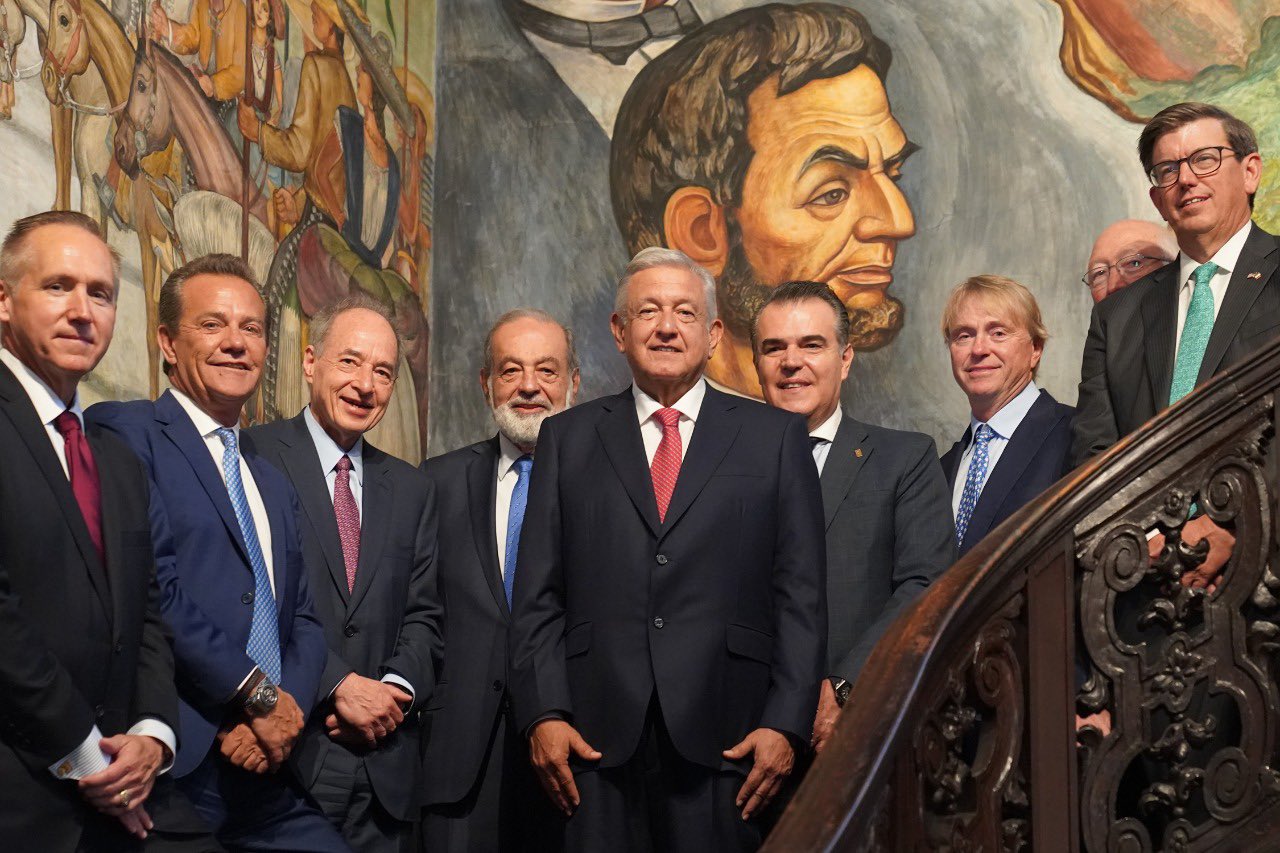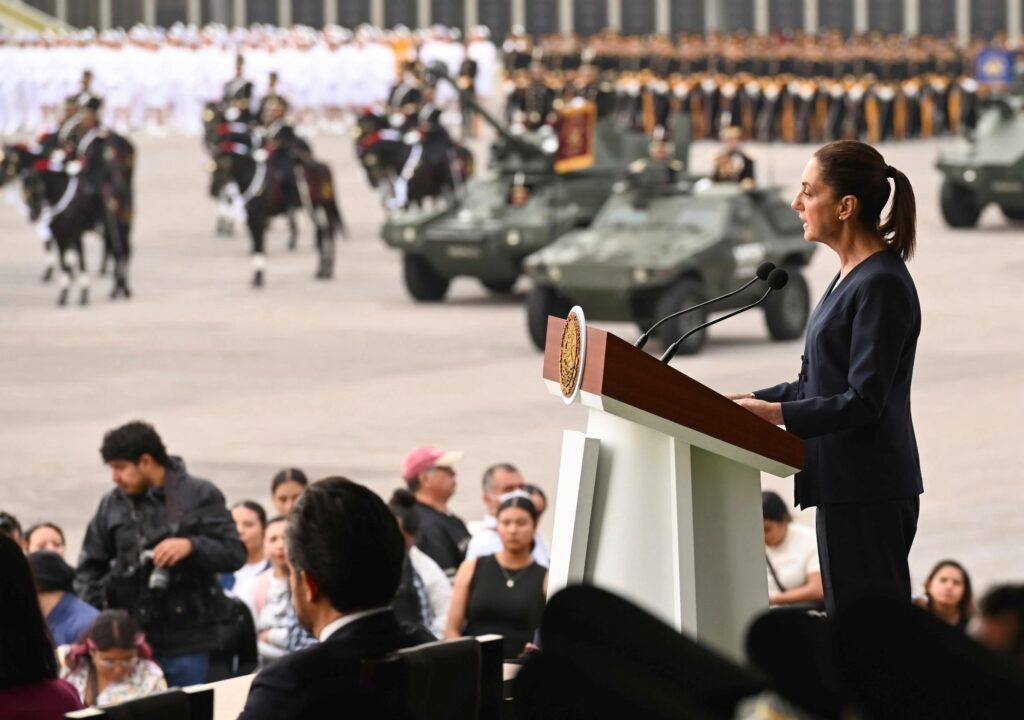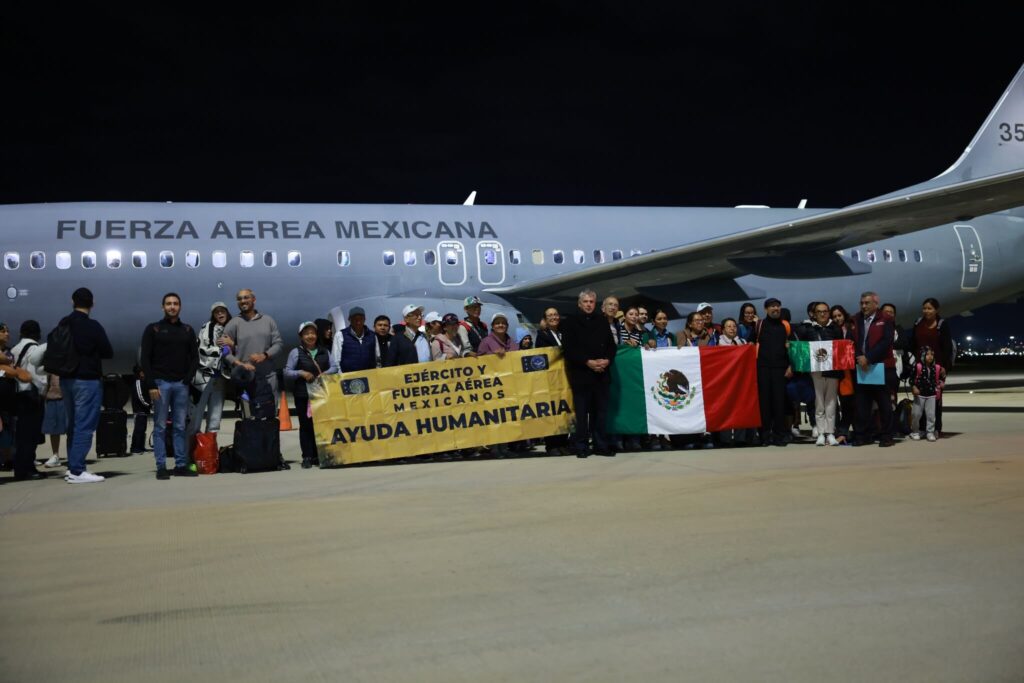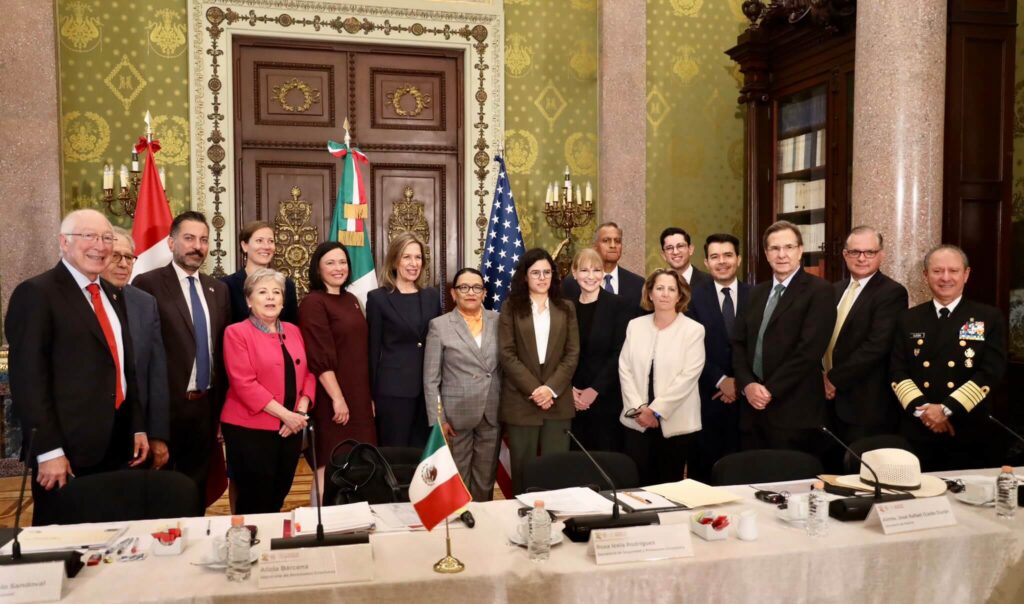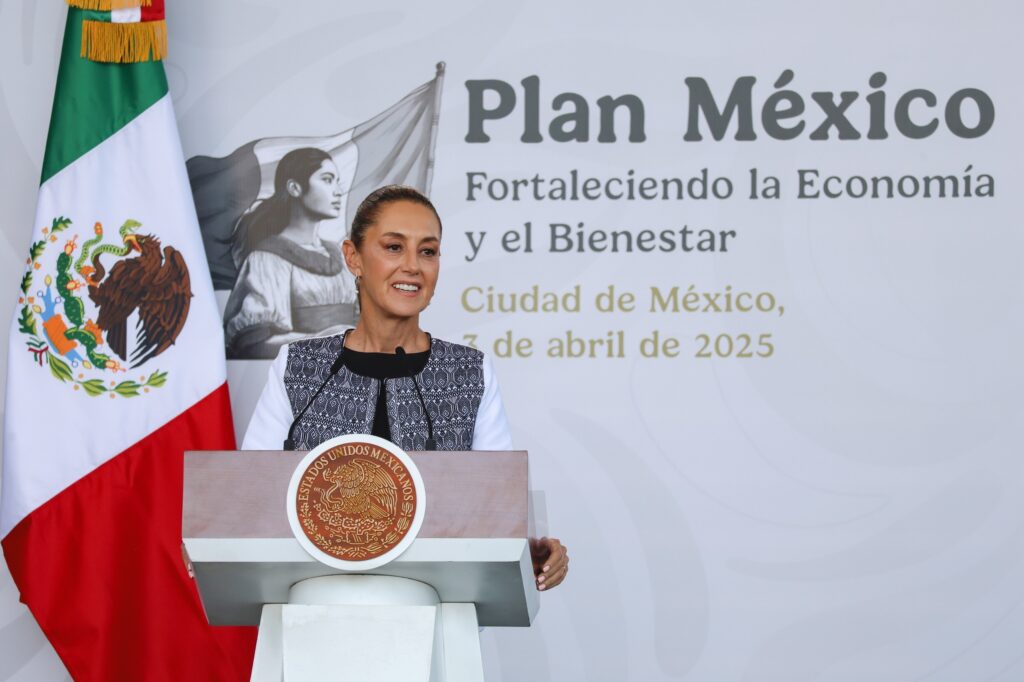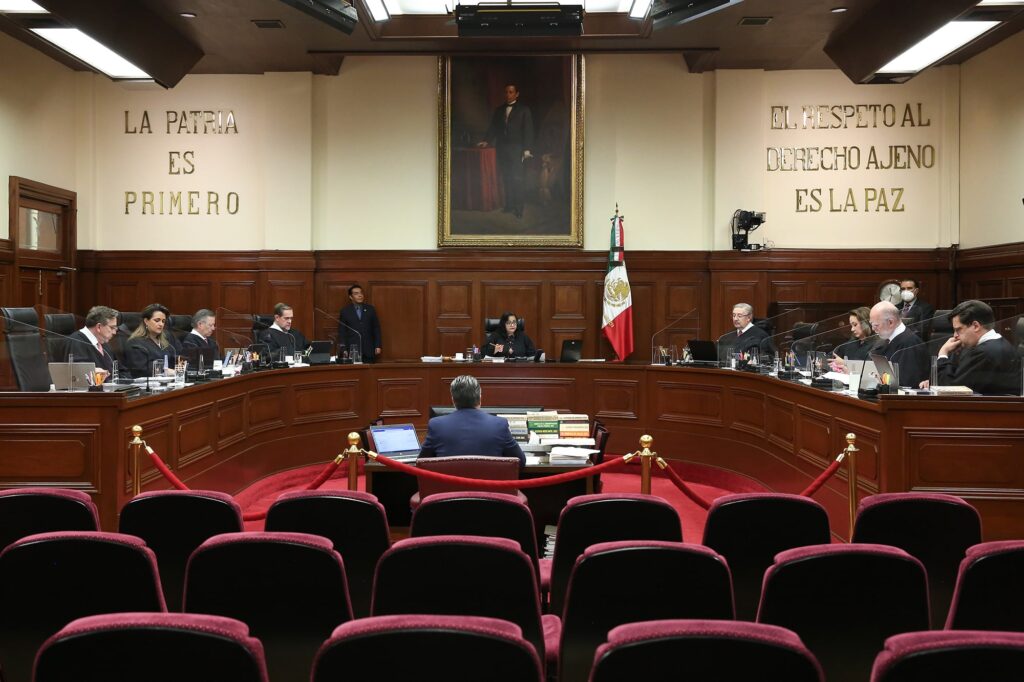Mexico City, Mexico — According to a recent study published by the British international think tank Oxfam, Mexico’s super-rich have massively increased their wealth since the start of the Covid-19 pandemic, an accomplishment secured by tax evasion and close ties with the Mexican government.
In their report, “Who pays the bill?” Oxfam unveils that Mexico’s top one percent has hoarded wealth successfully while overcoming taxes in the country.
Mexico’s “one percent” — around 1.2 million people — have glided through the economic turmoil afflicting the country following the Covid-19 pandemic. According to Oxfam, for every 100 pesos of wealth created between 2019 and 2021, 21 pesos went to the wealthiest 1% and just 0.40 pesos to the poorest 50%.
The biggest winner during this period, Carlos Slim Helú, a telecommunications tycoon and the wealthiest man in Mexico and the whole of Latin America and the Caribbean, saw his wealth increase by 42% or USD $25.5 billion, an average of an additional $1 million every hour.
Slim, one of Mexican President Andrés Manuel López Obrador’s closest allies, has more wealth than half of the Mexican population — around 65 million people — and more than the other 14,000 Mexican millionaires combined.

Overall, Mexico’s wealthiest elite grew their fortune 117 times faster than the rest of the Mexican economy, a 33% gain compared to a 0.28% increase in the national economy.
On the other hand, 44 out of 100 Mexicans reached the poverty line, and nine out of 100 live in extreme poverty. In addition, four out of 10 Mexicans don’t earn enough to secure basic food portions.
Oxfam underscores that the lack of proper tax reform has left the Mexican working class paying more taxes (6.66% of GDP) than the total amount paid by billionaires and companies (3.90%).
Tax havens at home and abroad
According to the report, Mexico is one of the most egregious examples in the region of a country losing much-needed tax dollars by not taxing large fortunes. As one of the largest economies in Latin America and the Caribbean, Mexico’s taxes on the wealthiest bring in a mere 0.34% of GDP, while in the rest of the region, such taxes account for around 2.57% of GDP.
Mexico has had a long history of protecting fortunes of the wealthy. Taxes on inheritances or extraordinary profits were overturned during the last century, and no president has pushed for a reform that would boost the federal wealth tax.
During the current administration, the same lax laws appear to prevail, with President López Obrador celebrating Mexican billionaires for paying the bare minimum in taxes.
For instance, Mexico’s third-richest person, Ricardo Salinas Pliego, who declared that he would “not pay a damn” to the Mexican tax administration, was lauded by López Obrador when Mexico’s Supreme Court ruled that Salinas Pliego must pay over USD $144 million in taxes, a small share compared to the total amount of USD $2 billion he owes.
In addition, Salinas Pliego was one of the 3,047 Mexicans listed in the “Pandora Papers,” the massive leak of documents revealing the secret offshore accounts of hundreds of world leaders, politicians, and billionaires.
Other renowned figures who appeared in the Pandora Papers are Germán Larrea and Olegario Vázquez Aldír, who, alongside Salinas Pliego and other wealthy businessmen, are part of López Obrador’s Business Advisory Board.
The Mexican elite has shown interest in López Obrador’s administration, namely major infrastructure projects such as his pet project the Tren Maya, a passenger railway that traverses the Yucatán Peninsula. Salinas Pliego and Slim have scored major infrastructure contracts with the current government amassing over USD $530 million.


